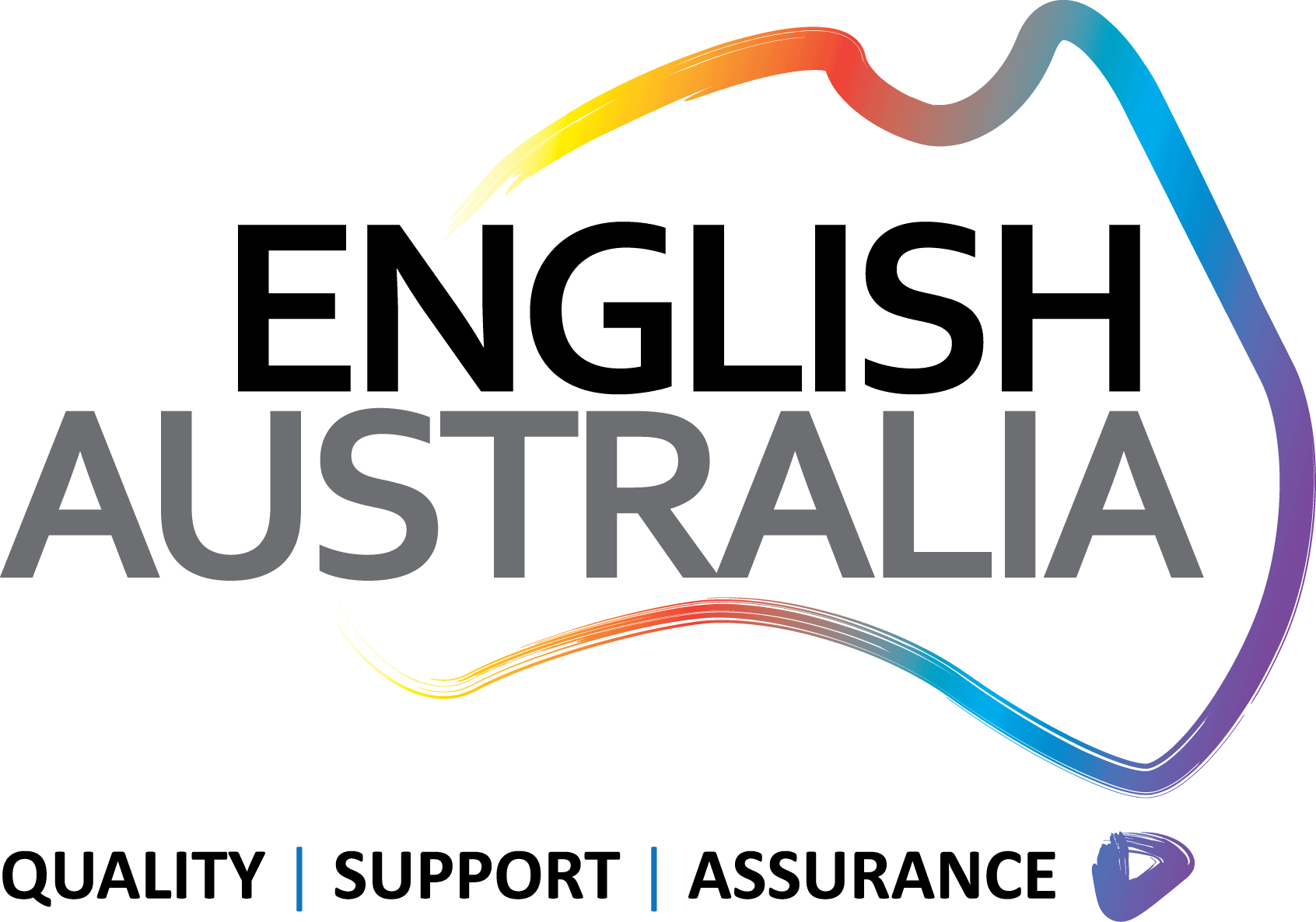IndEX
- What Is Australia Day?
- The History of Australia Day: From Its Origins to Today
- The First Nations: A 65,000-Year-Old Culture
- Why Is Australia Day Controversial?
- Australia Day or Invasion Day? Perspectives from Aboriginal Communities
- How Australia Day Is Celebrated Today
- Tips for Celebrating Australia Day Respectfully

1. What Is Australia Day?
Australia Day, celebrated annually on January 26, is one of the most significant days on the Australian calendar: it’s the official national day of Australia. But what exactly does it commemorate?
For many, it’s a time to celebrate the country’s rich culture, diversity, and spirit. However, the day carries different meanings for different people and communities.
In short, Australia Day marks the anniversary of the arrival of the First Fleet in Port Jackson, now Circular Quay in Sydney, New South Wales, in 1788—the beginning of European settlement in Australia. Governor Arthur Philip raised the British flag and a penal colony was founded.
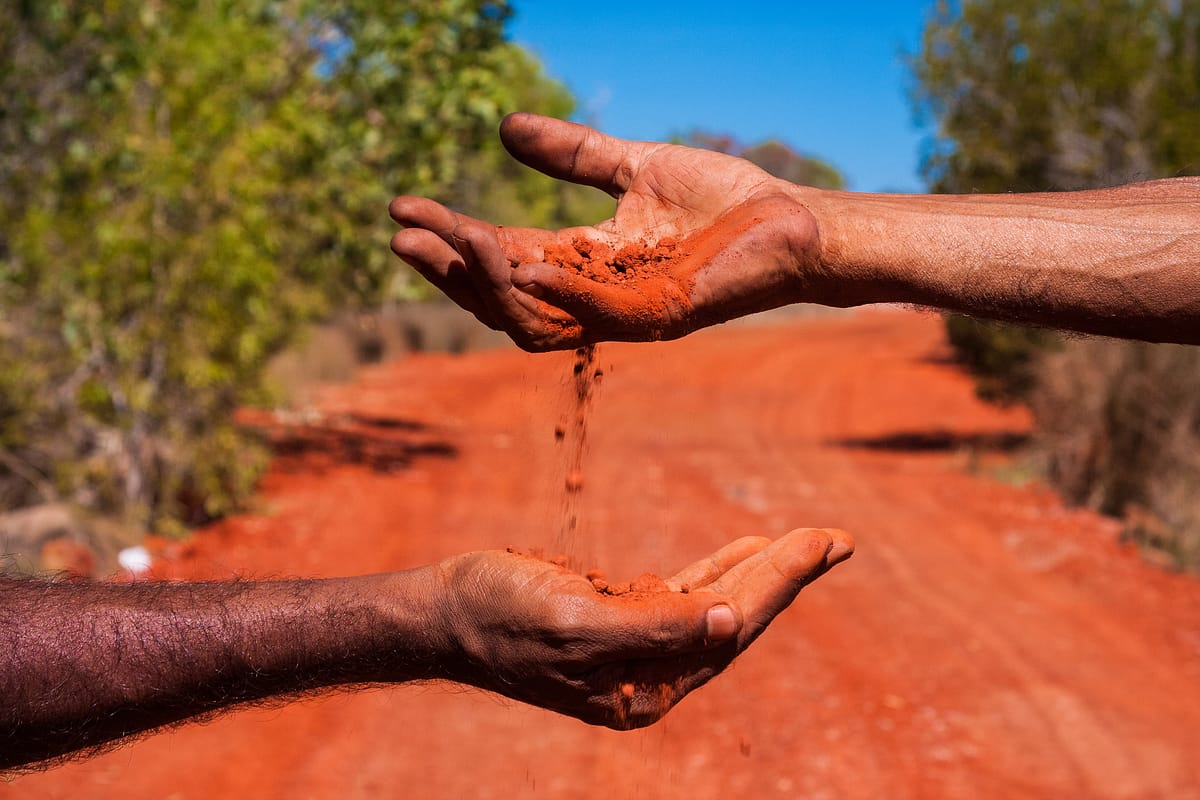
2. The History of Australia Day: From Its Origins to Today
The first recorded celebration of 26 January occurred in 1808. By 1935, all Australian states recognised the date as “Australia Day.” It wasn’t until 1994, however, that it became a national public holiday celebrated across the country.
While some Australians view the day as an opportunity to embrace their national identity, others see it as a painful reminder of the beginning of injustices faced by Aboriginal and Torres Strait Islander communities.
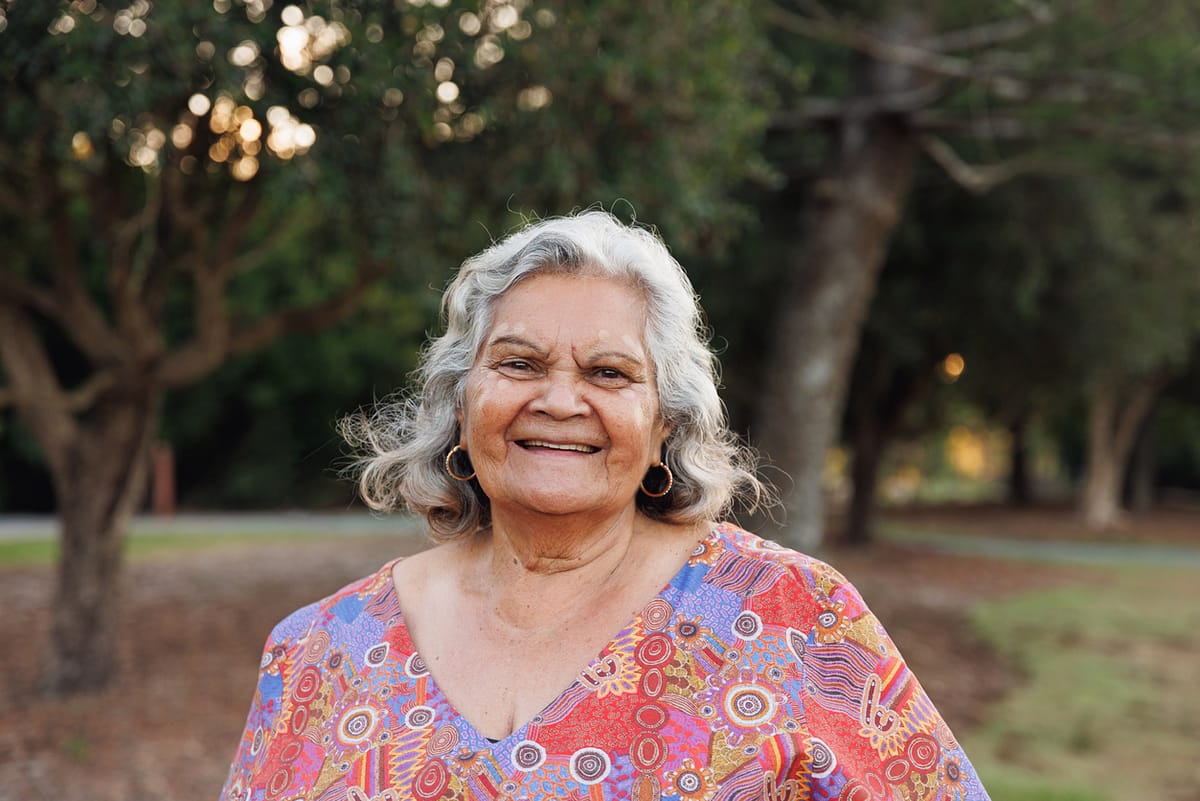
3. The First Nations: A 65,000-Year-Old Culture
First Nations Australians—Aboriginal and Torres Strait Islander peoples—are the custodians of the world’s oldest continuous cultures, with traditions and histories extending over 65,000 years. These communities share a deep and enduring connection to the land, expressed through oral traditions, spiritual ceremonies, art, and ecological knowledge.
The arrival of Europeans in 1788 had devastating effects on First Nations communities. Traditional lands, languages, and lives were lost, and social structures were disrupted. Despite this, First Nations Australians have shown remarkable resilience. Through art, education, and activism, they continue to preserve and celebrate their cultural identity while fostering national dialogue on reconciliation and respect.
Learn more about First Nations Australians by visiting the Australia Day official page.
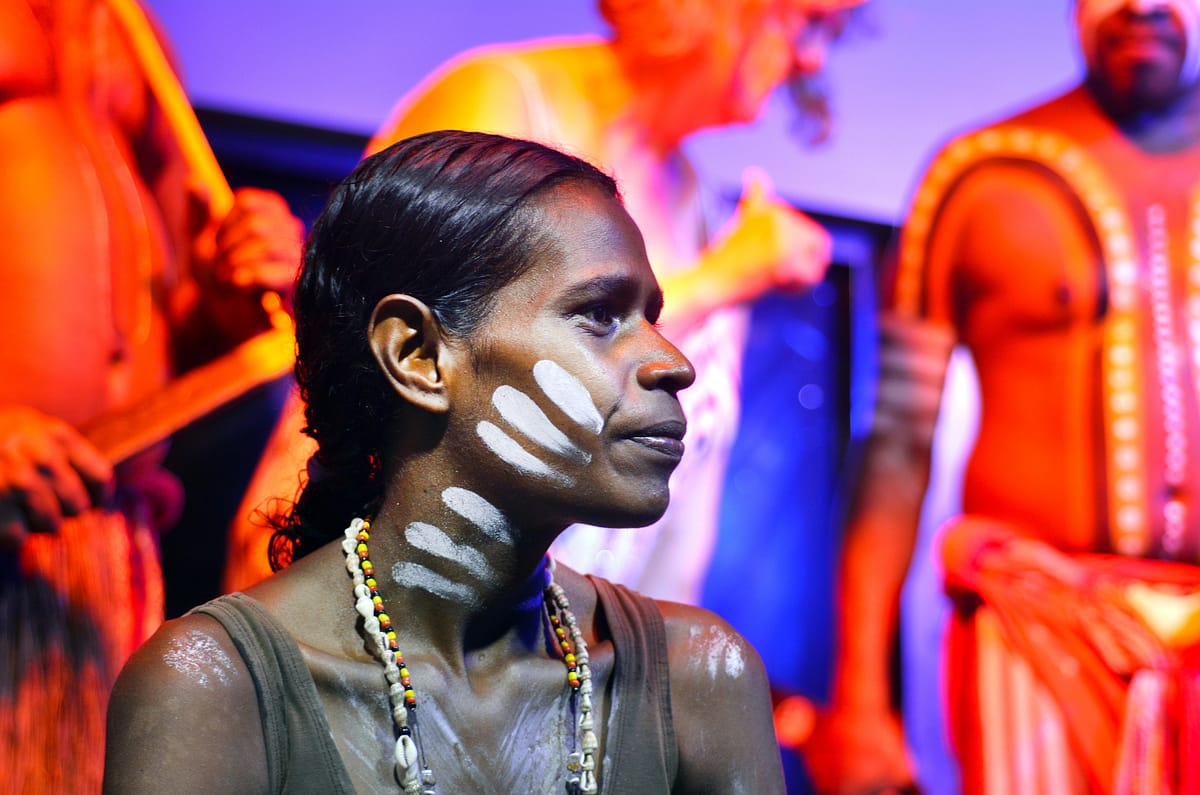
4. Why Is Australia Day Controversial?
For First Nations Australians, 26 January signifies the beginning of colonisation, land dispossession, and loss of culture and lives. This is why many refer to it as “Invasion Day.”
The event commemorated on this date—the arrival of the First Fleet—marked a turning point for Indigenous communities. For many, it is a day of mourning and reflection on the resilience of their people in the face of centuries of hardship.
It is important to recognise that Australia was home to thriving Indigenous communities for tens of thousands of years before European settlement. Their languages, traditions, and deep connection to the land form the bedrock of Australia’s history.
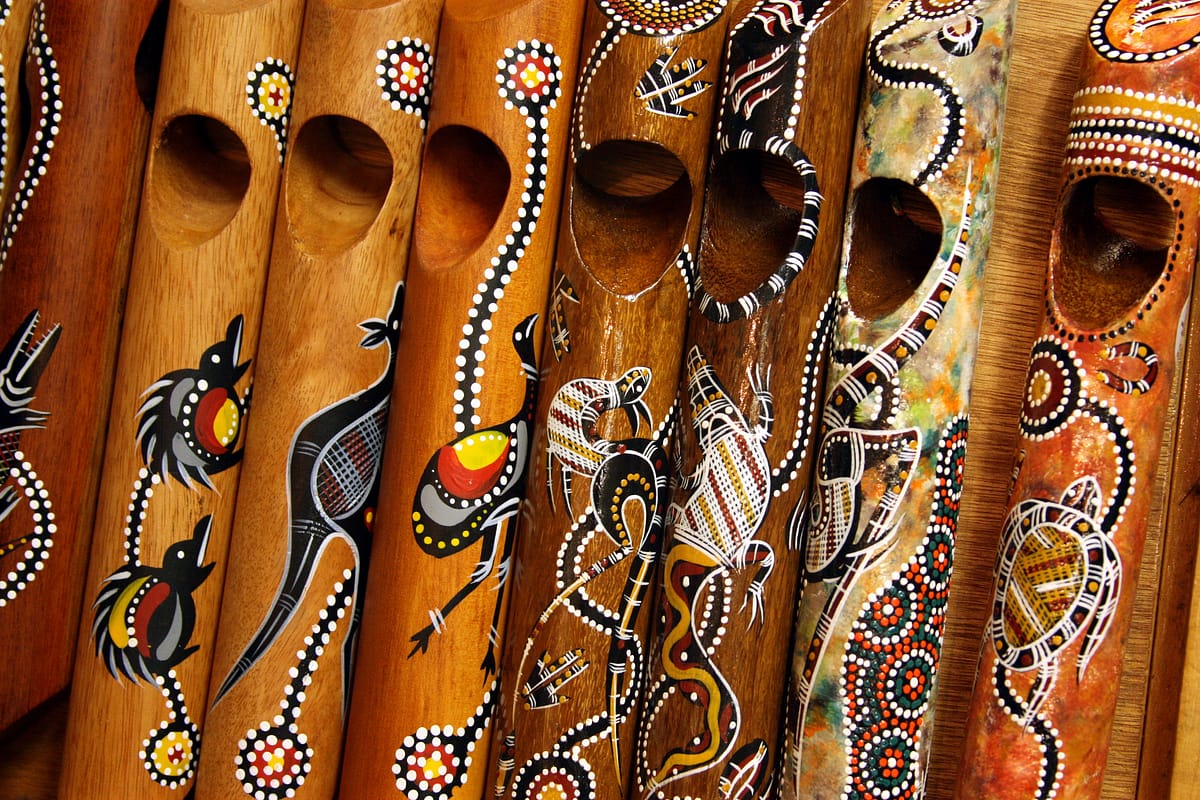
5. Australia Day or Invasion Day? Perspectives from Aboriginal Communities
In recent years, there has been growing awareness of the need to acknowledge the perspectives of First Nations Australians. Many Indigenous leaders and advocates have called for either changing the date of Australia Day or reimagining it as a time for reflection and reconciliation.
One significant initiative is the WugulOra Morning Ceremony, held each year on 26 January. This event honours Aboriginal cultures, their spiritual connection to the land, and their enduring resilience. Through storytelling, traditional songs, and moments of reflection, participants gain a deeper understanding of Australia’s rich Indigenous heritage.
Attending events like the WugulOra Ceremony is a meaningful way to show respect, foster inclusivity, and support national reconciliation efforts.
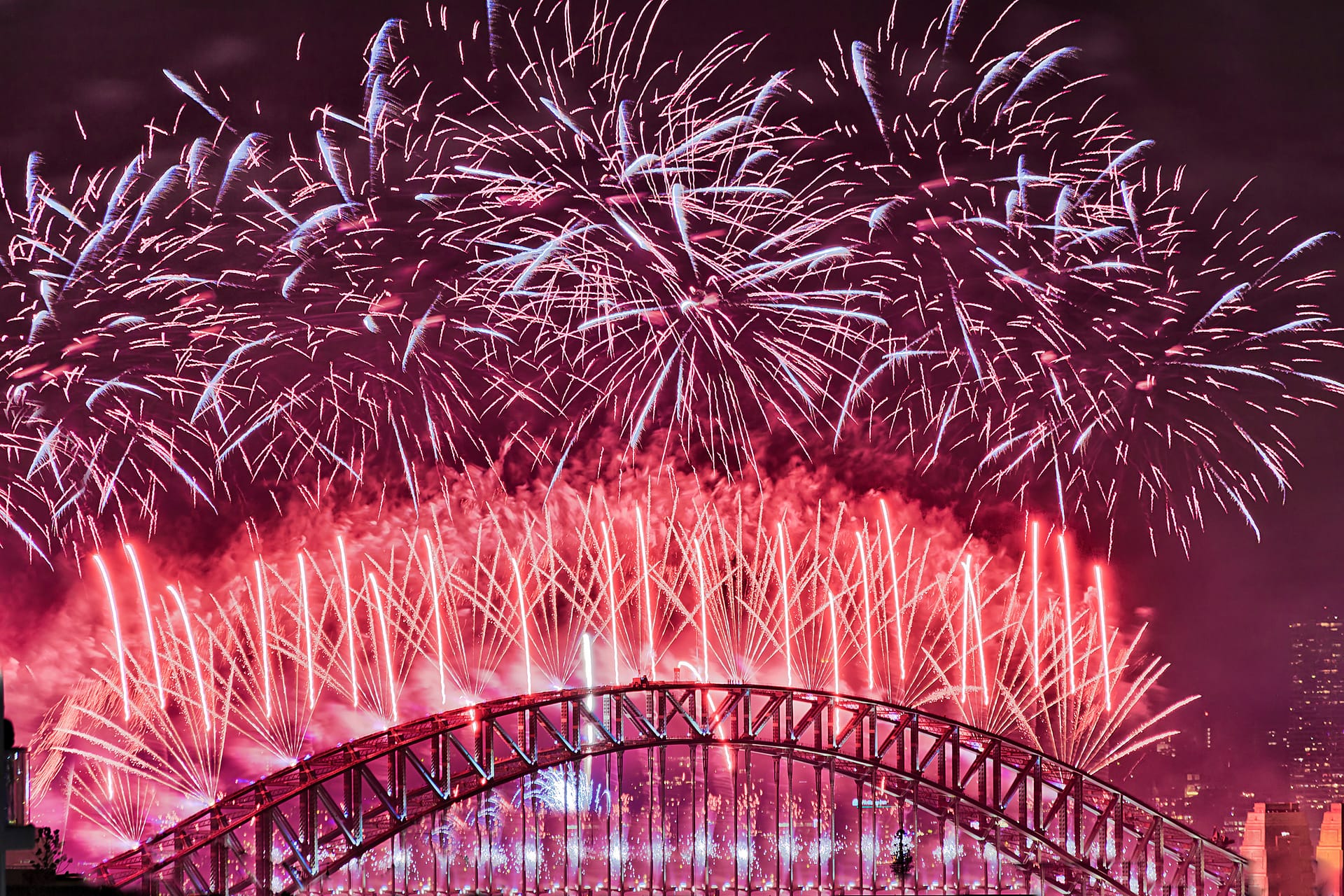
6. How Australia Day Is Celebrated Today
Despite its controversies, Australia Day remains a public holiday marked by various events and activities, such as:
- Community Events: Concerts, picnics, and barbecues. Australians celebrate their National Day by meeting with family and mates, firing up a barbie and cracking open a cold beer.
- Citizenship Ceremonies: Welcoming new Australian citizens.
- Fireworks Displays: Bright spectacles in major cities.
- Cultural Events: Festivals like the Festival of Indigenous Cultures, celebrating First Nations heritage.
If you’re in Australia for Australia Day 2025, visit the official Australia Day website to find events near you. Don’t forget to check out the Go Study Events this January!
7. Tips for Celebrating Australia Day Respectfully
If you plan to take part in Australia Day celebrations, consider these suggestions to do so thoughtfully and respectfully:
- Learn the History: Take time to understand the significance of the day for all Australians.
- Attend Indigenous Events: Participate in cultural ceremonies and exhibitions.
- Support Indigenous Communities: Purchase art and goods from Aboriginal and Torres Strait Islander artists and businesses. Are you a creative? Creating a short tribute or educational video using a video maker tool is also a great idea to help spread awareness about the significance of Australia Day from different perspectives, fostering meaningful discussions.
- Reflect on the Day’s Meaning: Engage in conversations about reconciliation and Australia’s future.
Australia Day: Conclusion
Australia Day is a day of reflection, celebration, and respect. Whether you choose to celebrate or use the day as an opportunity to learn, it’s important to approach it with awareness and consideration. Australia is a land rich in diverse histories, cultures, and perspectives—honouring this diversity is key to building a more inclusive future.
Related
→ Stories of people like you
→ Study Offers
→ Study and live in Australia
→ Stay longer in Australia
→ Go Study Services







